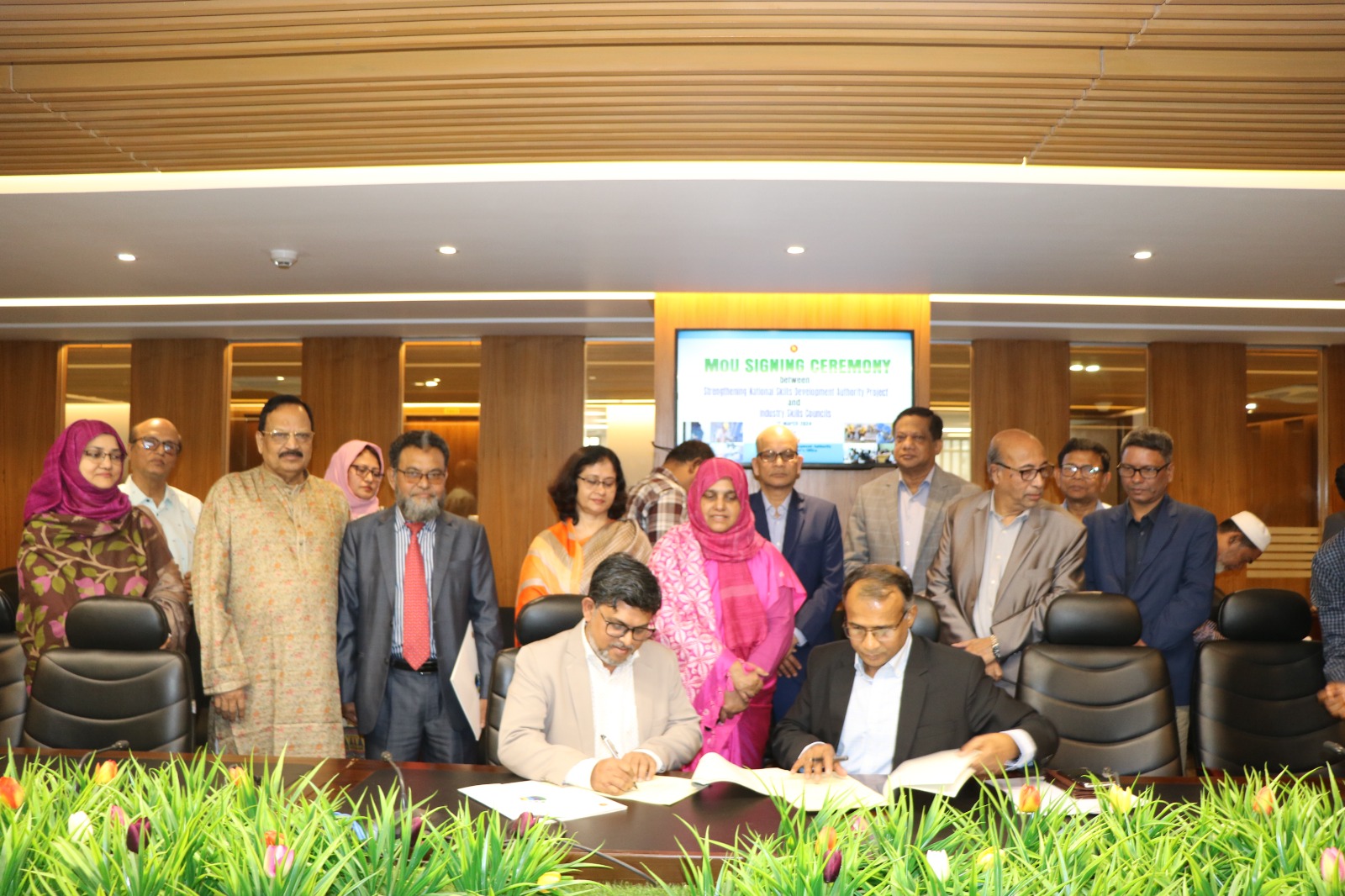
In today’s fast-paced world, the importance of skill development cannot be overstated. The National Skills Development Authority (NSDA) plays a crucial role in fostering skills across various sectors, including agriculture, tourism, and hospitality. This blog explores the duties and functions of the NSDA, particularly in relation to the Agriculture and Tourism & Hospitality Industry Skill Councils (ISC), while highlighting its commitment to research and studies.
Duties and Functions of NSDA
The NSDA is dedicated to enhancing the skills of the workforce through a multifaceted approach. Its core responsibilities include:
- Policy Development: The NSDA formulates national policies that guide skill development across various sectors, ensuring alignment with economic needs and job market trends.
- Sector Skill Councils: The NSDA collaborates with Industry Skill Councils (ISCs) to identify skill gaps and develop training programs. This collaboration is vital for sectors like agriculture and tourism, where specific skills are crucial for industry growth.
- Research and Studies: A significant function of the NSDA involves conducting research and studies to assess skill requirements. This data-driven approach helps in formulating effective training programs tailored to industry demands.
- Quality Assurance: The NSDA ensures that skill development programs meet high-quality standards, equipping individuals with the competencies necessary for success in their fields.
Agriculture ISC: Bridging the Skills Gap
The Agriculture ISC, under the auspices of the NSDA, focuses on identifying the skills needed in the agricultural sector. With the agriculture industry evolving through technology and sustainable practices, there is an urgent need for a skilled workforce. The NSDA’s efforts include:
- Curriculum Development: Collaborating with industry experts to create training modules that address current and future needs.
- Training Programs: Implementing programs that enhance practical skills, ensuring that individuals are job-ready upon completion.
By investing in agriculture skills, the NSDA is not only enhancing productivity but also contributing to food security and rural development.
Tourism & Hospitality ISC: A Gateway to Employment
The tourism and hospitality sector is a vital component of the economy, generating millions of jobs worldwide. The Tourism & Hospitality ISC, facilitated by the NSDA, aims to equip individuals with the skills necessary to thrive in this dynamic industry. Key initiatives include:
- Skill Development Workshops: Providing hands-on training in areas such as customer service, culinary arts, and event management.
- Collaboration with Industry Stakeholders: Partnering with hotels, travel agencies, and other organizations to ensure that training aligns with industry expectations.
The NSDA’s commitment to enhancing skills in tourism and hospitality not only boosts employment opportunities but also elevates the overall quality of service within the industry.
Research and Studies: Informing Policy and Practice
Research and studies conducted by the NSDA serve as the backbone of its initiatives. By analyzing labor market trends, skill shortages, and emerging technologies, the NSDA ensures that its training programs remain relevant and effective. This research-driven approach enables the NSDA to:
- Identify Future Skills: Anticipating the skills needed for upcoming trends and technologies.
- Evaluate Program Effectiveness: Continuously assessing training outcomes to refine and improve programs.
Conclusion
The National Skills Development Authority (NSDA) is pivotal in shaping the future of skill development across sectors like agriculture and tourism. Through its dedicated efforts in research, curriculum development, and collaboration with industry stakeholders, the NSDA is not just filling skill gaps; it’s empowering individuals to unlock their potential and contribute meaningfully to the economy. By investing in skills today, we are building a more prosperous tomorrow for all.
